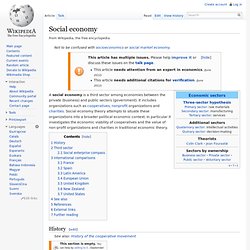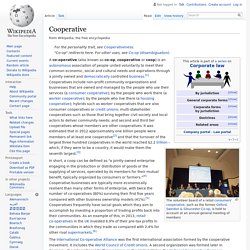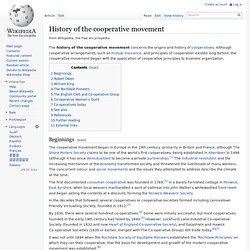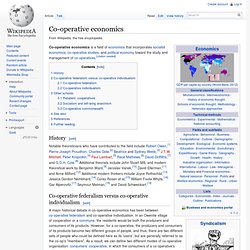

How Microsoft handed the NSA access to encrypted messages. Microsoft has collaborated closely with US intelligence services to allow users' communications to be intercepted, including helping the National Security Agency to circumvent the company's own encryption, according to top-secret documents obtained by the Guardian.

The files provided by Edward Snowden illustrate the scale of co-operation between Silicon Valley and the intelligence agencies over the last three years. They also shed new light on the workings of the top-secret Prism program, which was disclosed by the Guardian and the Washington Post last month. The documents show that: • Microsoft helped the NSA to circumvent its encryption to address concerns that the agency would be unable to intercept web chats on the new Outlook.com portal; • The agency already had pre-encryption stage access to email on Outlook.com, including Hotmail; • Material collected through Prism is routinely shared with the FBI and CIA, with one NSA document describing the program as a "team sport".
Open Source Ecology. WIKISPEED - WIKISPEED. Social economy. A social economy is a third sector among economies between the private (business) and public sectors (government).

It includes organizations such as cooperatives, nonprofit organizations and charities. Social economy theory attempts to situate these organizations into a broader political economic context. In particular it investigates the economic viability of cooperatives and the value of non-profit organizations and charities in traditional economic theory. History[edit] Third sector[edit] Social economy studies the relationship between economy and social behavior. A social economy develops because of a need for new solutions for issues (social, economic or environmental) and to satisfy needs which have been ignored (or inadequately fulfilled) by the private or public sectors. Successful social-economy organisations play a role in fulfilling governmental policy objectives by: Social enterprise compass[edit] Horizontal axis Vertical axis One criterion is a descriptive feature:
Cooperative. In short, a coop can be defined as "a jointly owned enterprise engaging in the production or distribution of goods or the supplying of services, operated by its members for their mutual benefit, typically organized by consumers or farmers.

"[4] Cooperative businesses are typically more economically resilient than many other forms of enterprise, with twice the number of co-operatives (80%) surviving their first five years compared with other business ownership models (41%).[5] Cooperatives frequently have social goals which they aim to accomplish by investing a proportion of trading profits back into their communities. As an example of this, in 2013, retail co-operatives in the UK invested 6.9% of their pre-tax profits in the communities in which they trade as compared with 2.4% for other rival supermarkets.[6]
Rochdale Principles. The Rochdale Principles are a set of ideals for the operation of cooperatives. They were first set out by the Rochdale Society of Equitable Pioneers in Rochdale, United Kingdom, in 1844, and have formed the basis for the principles on which co-operatives around the world operate to this day. History of the cooperative movement. The history of the cooperative movement concerns the origins and history of cooperatives.

Although cooperative arrangements, such as mutual insurance, and principles of cooperation existed long before, the cooperative movement began with the application of cooperative principles to business organization. Beginnings[edit] The cooperative movement began in Europe in the 19th century, primarily in Britain and France, although The Shore Porters Society claims to be one of the world's first cooperatives, being established in Aberdeen in 1498 (although it has since demutualized to become a private partnership).[1] The industrial revolution and the increasing mechanism of the economy transformed society and threatened the livelihoods of many workers.
The concurrent labour and social movements and the issues they attempted to address describe the climate at the time. Robert Owen[edit] Robert Owen (1771–1858) is considered as the father of the cooperative movement. William King[edit] See also[edit] Co-operative economics. Co-operative economics is a field of economics that incorporates socialist economics, co-operative studies, and political economy toward the study and management of co-operatives.

[citation needed] History[edit] Co-operative federalism versus co-operative individualism[edit]